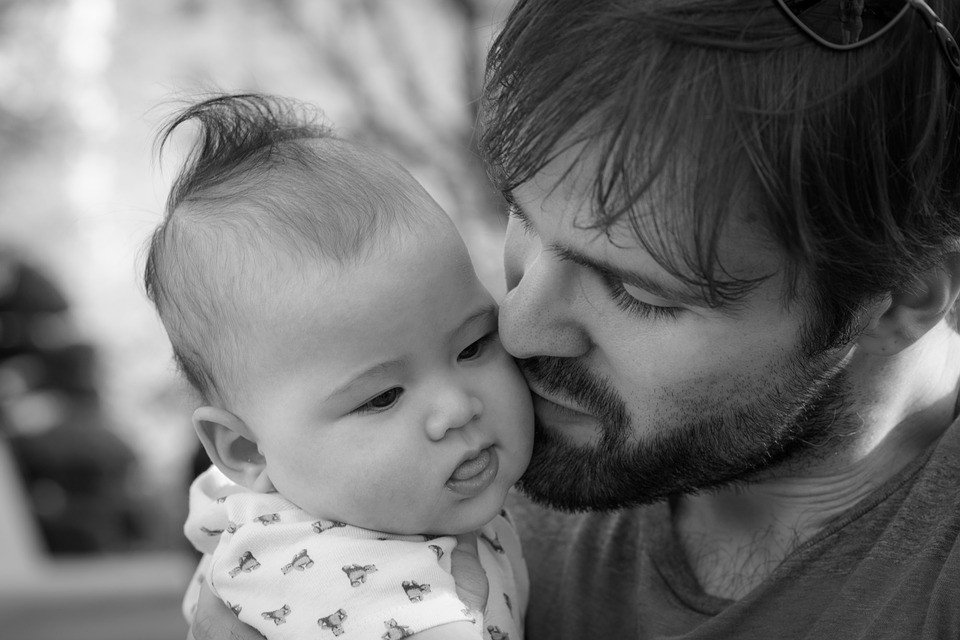
Across the pond, there was a recent US case involving an unrelated adult (i.e. an adult who was not related to the child biologically nor by way of adoption) who applied for custody and/or visitation rights, when the relationship between her and her ex-partner broke down. First things first, it’s important to remember in today’s world, the traditional nuclear family structure is no longer the ‘norm’ scenario for most families. More often than not, our families are created by mix, and blended families have become the new norm. So, this scenario of having an unrelated adult applying for custody may not be as strange of an occurrence as one might think. But in order to fully appreciate the legal conundrum, let’s take a closer look at the case.
The case involved a female same-sex couple living in New York who began their relationship in 2006 and later went on to get married. In 2008, the couple decided that they wanted a family and one of the women decided to become pregnant through artificial insemination. Soon the couple welcomed a baby boy into their family. So, let’s quickly recap, now we have one woman in the couple who has become the biological mother, while the other woman currently has no legal relations with the child.
Unfortunately, the other woman had not opted to initiate formal adoption proceedings for the child because like most couples, when things are working out fine in your relationship, you don’t think you have anything to worry about. Back to the story, the unrelated woman took on a parent role in the family and cared for the child. So, when the relationship eventually broke down, the couple were able to amicably deal with each other for the first two years but subsequently the relationship deteriorated to the point that the biological mother no longer wanted the ex-partner to have contact with the child.This was the basis of the lawsuit where it was the desire of the ex-partner to be able to seek custody and/or visitation rights with a child in whom she had invested her time and come to see as her own. At trial level, the courts acknowledged the unfortunate predicament that the ex-partner was in but summarised that legally speaking, the ex-partner had nothing basis for custody/visitation. However, the Court of Appeal disagreed and stated that the existing definition of what a parent was had become obsolete over the years, given the changes in the law, society and family make-ups. More significantly, the Court of Appeal were of the opinion that what was necessary was for a ‘partner to demonstrate convincing evidence that the parties had an intention to conceive and raise a child together, as then it could be accepted that the non-biological, non-adoptive partner can establish the standing to seek custody and/or visitation of the child upon the breakdown of a partnership’. Therefore, the Court of Appeal reversed the trial decision and the ex-partner was able to maintain a relationship with her son.
This leads to the interesting question, would the case be decided the same in the UK? Of course, there are legal and cultural differences to consider as the law develops at a different pace in each country. If you find yourself in this situation, you too would no doubt feel deeply outraged that you couldn’t continue a relationship with a child that you had come to think of as your own. The way to avoid finding yourself facing similar issues would be to ensure proper planning in any relationship. But in particular, if you’re opting for an insemination birth, then it’s important to have a legal “contract” drawn up noting the rights and responsibilities of the parties involved to avoid being left out of the picture later. A family law solicitor can help you draft a Parenting Agreement – a type of “contract” between two parents setting out their respective roles and contact with the children. Perhaps, equally important is to discuss legal adoption of a child that isn’t biologically yours so that at least you have legal grounds for custody and/or visitation, should you need to rely on it in the future.
If you have any questions regarding child custody and/or adoption, please feel free to contact a specialist at Grayfords to discuss.

